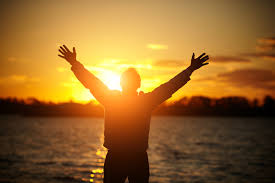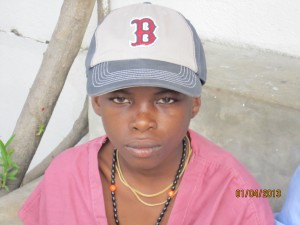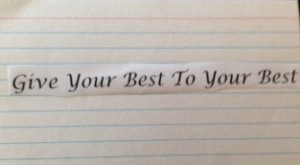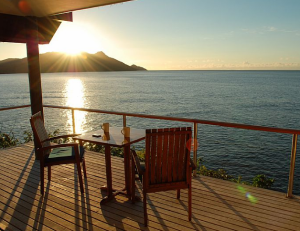
What are your daily gratitude habits? Do you take time to review what you are grateful for every day?
Developing gratitude is easier said than done. It takes discipline to develop gratitude. Here are some ways to help develop your gratitude.
Start a gratitude list
This is a list that has things you are grateful for such as your health, the home or apartment you live in, your spouse, friends, talents that you have, your job, etc. Review this list as frequently as you would like. Your morning reflection time is a great time to review your gratitude list.
Start a gratitude journal
This is a journal to record what you are grateful for during the day or the week. This is yours so you can use it daily, several times a week or weekly. Some people like to keep the journal in written form while others like to use electronic formats. My favorite electronic format is Day One online journal . It is available in iTunes. The nice thing is that it syncs between all your devices. You can also take pictures for memories.
Gratitude Letter or Recording
Send a letter or a voice recording to someone that you are grateful for in you life and why you are grateful. This is extremely powerful and will have an impact on that persons day. You could even record a video to make it even more personal.
I strongly encourage you to start today with this video called “A Good Day” with Brother David Steindl-Rast. It will change the way you look at your day. Just click on “A Good Day” above to go to the video.
Brother Steindl-Rast has a website Gratefulness.org. He has a lot of material on gratitude on the site. You might also enjoy his TEDx talk Want to be happy? Be grateful.
Leading researcher on gratitude, Robert A. Emmons PhD, psychology professor and researcher, University of California, Davis has an excellent book to help you to develop a habit of gratitude. The book Gratitude Works!: A 21-Day Program for Creating Emotional Prosperity is an excellent way to help you get started on a gratitude journey.
Dr. Emmons has an excellent website. There is a Gratitude Questionairre that you can take to measure your gratitude.
Some Key Benefits of Gratitude
- Healthier
- Reduced Stress
- Better Immune Function
- Improved Relationships
- Better Sleep
- Content with what you have
One of the best places to reflect on gratitude is in the outdoors. It may be at sunrise or sunset. It may be overlooking a lake, the ocean or looking at mountains. Many people get a better sense of what to be thankful for when they are observing nature.
Some of my best lessons in gratitude have been on mission trips. I went with my wife and my two youngest children on a trip to Haiti. It was 3 years after the earthquake.
The streets were still in shambles. Thousands of people were living in tent cities. There was limited power. There was gunfire going off all night. There was no hot water and you certainly did not want to drink the water.
We worked with the Missionaries of Charity at a home for the dying. We saw children and adults dying from tuberculosis and AIDS. My son gave the young boy pictured above his favorite Boston Red Sox hat at the home.
We worked at a wounds clinic. There were patients that walked miles to get treated. Many of them would have been in a hospital if they were in the United States. If they had clean water and soap these wounds would have never festered and become as horrible as they were. We worked at an orphanage that had children with illnesses that could have been cured with access to doctors and the proper medications.
Upon returning from this trip I reflected on how much material things my family and I have and all the blessings we have. There was certainly a lot to contemplate and be thankful for. We live in a country that has freedoms. We have clean water coming out of a tap. It can be hot or cold. We have electricity at the flip of a switch. We have air conditioning for hot weather and heat for cold weather. We can go to the grocery store and buy just about any kind of food we could want.
“If you are grateful you act out of a sense of enough and not a sense of scarcity.” —Br. David Steindl-Rast





